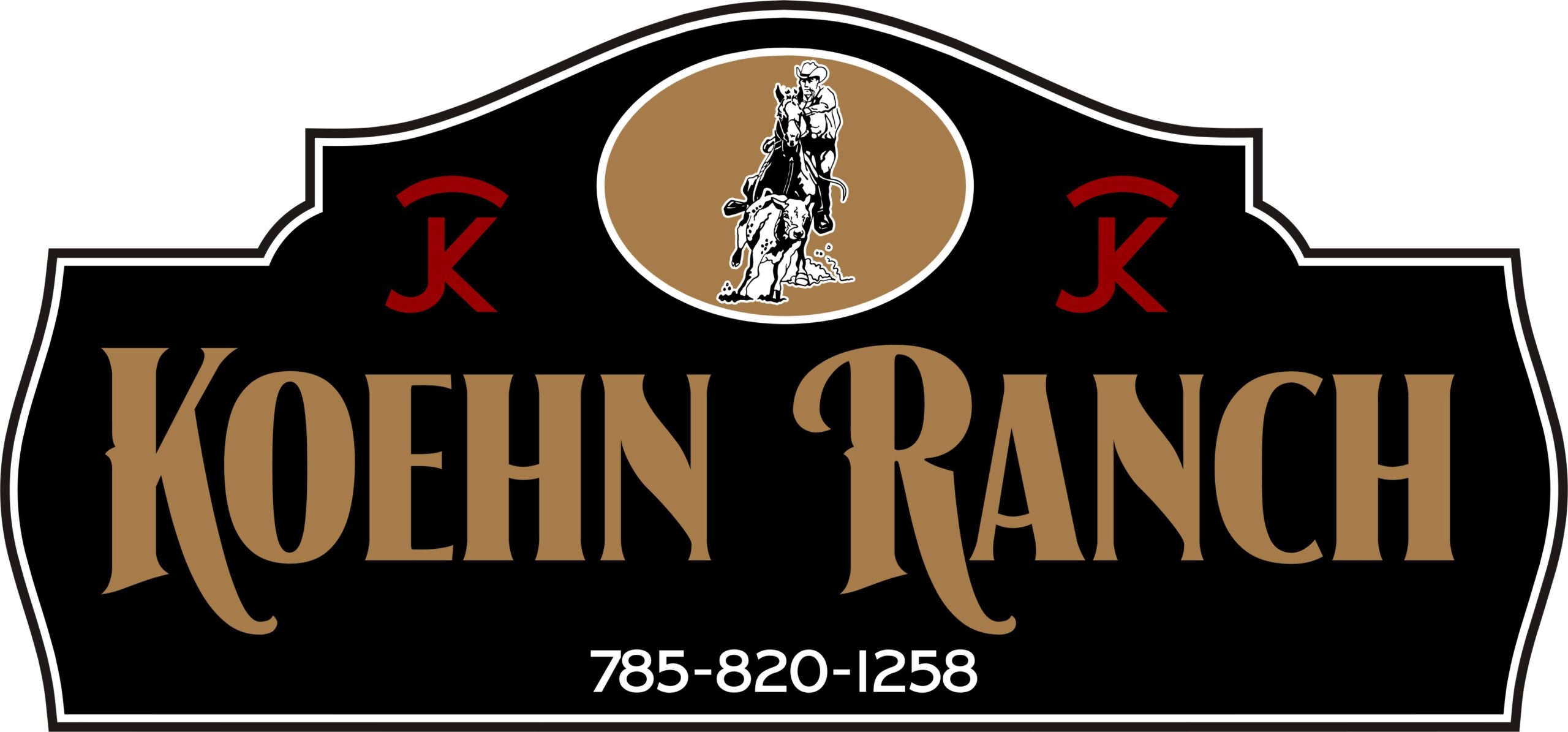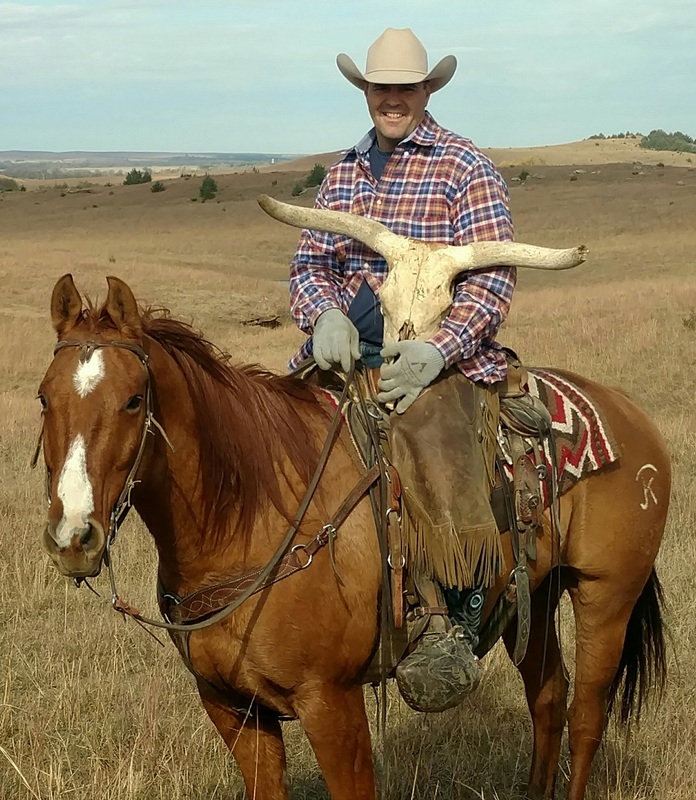Kansas is known for its vast prairies, wide-open spaces, and love for horses. If you are a horse owner in Kansas, chances are you have a foal or two. Foals are adorable creatures, but they also need a lot of care and attention to grow up healthy and strong. In this blog, we will discuss some tips on how to take care of foals in Kansas.
Proper nutrition: Foals need a balanced diet to grow properly and stay healthy. Feed them high-quality foal feed, hay, and clean water. Keep an eye on their weight and adjust their diet accordingly.
Shelter: Provide your foal with a clean and dry shelter, especially during harsh weather conditions. Make sure it has enough space to move around comfortably.
Exercise: Foals need exercise to develop their muscles and maintain good health. Provide them with a safe and secure area to run and play.
Vaccinations: Vaccinate your foal against common diseases such as tetanus, rhino pneumonitis, and strangles. Check with your veterinarian for the best vaccination schedule for your foal.
Regular check-ups: Regular check-ups with a veterinarian are important to keep your foal healthy. They can help you detect and treat any health problems early on.
Socialization: Foals are social animals and need interaction with other horses and humans. Make sure they have regular opportunities to socialize and play.
Hoof care: Foals’ hooves grow quickly and need regular trimming to maintain good health. Have your foal’s hooves trimmed by a farrier every six to eight weeks.
Taking care of foals in Kansas requires a lot of love, attention, and knowledge. By following these tips, you can help ensure that your foal grows up healthy and happy.
If you have any questions or concerns, don’t hesitate to reach out to your veterinarian. Kansas, with rangers and wildlife specialists using them to patrol and monitor wildlife and habitats. Their ability to navigate rugged terrain and access remote areas makes them an essential tool for conservation efforts.
In conclusion, horses have been an integral part of life in Kansas, USA for generations and continue to play a vital role in the community. From agriculture and equestrian sports to tourism and conservation, horses are a cherished and valued asset, providing economic and cultural benefits to the area.

